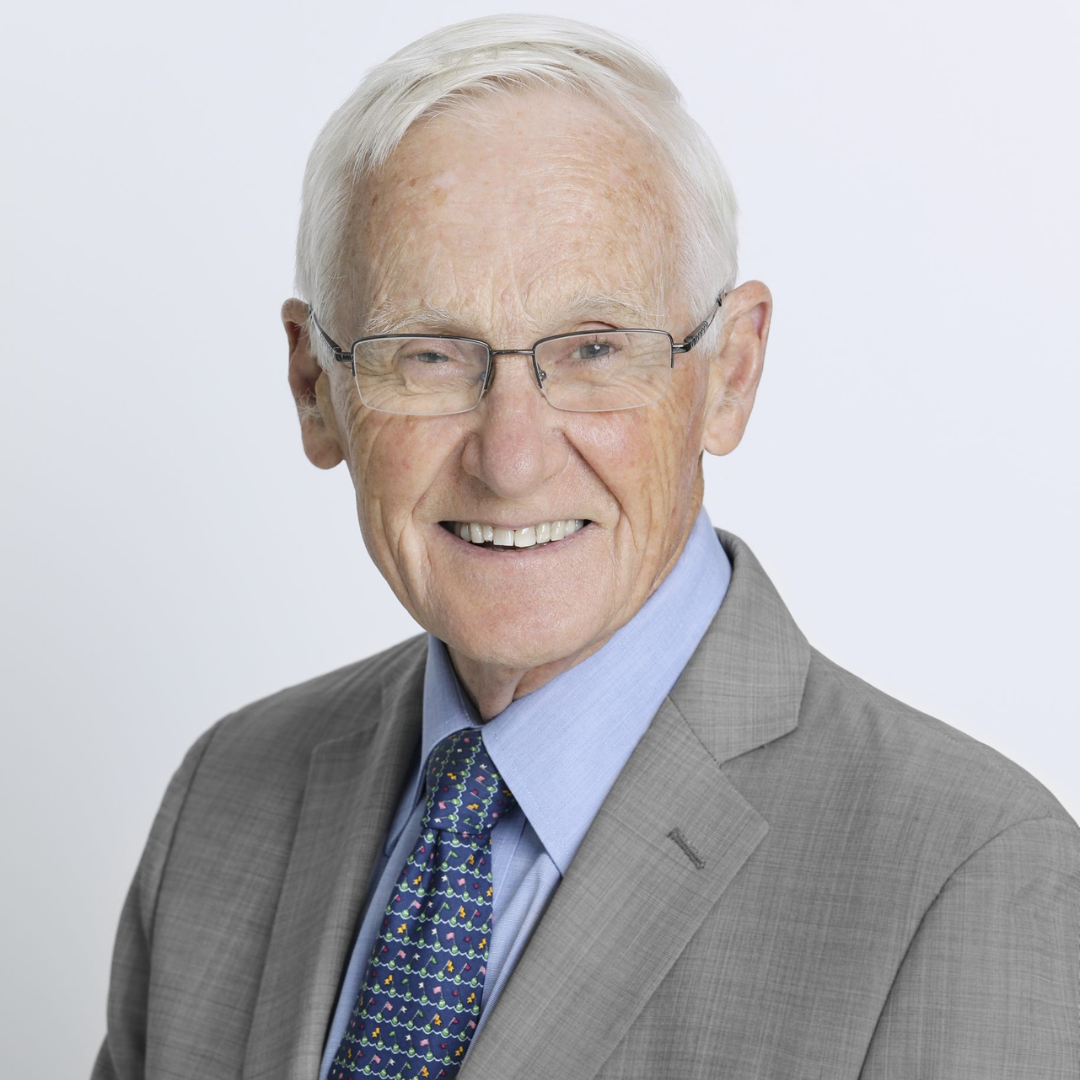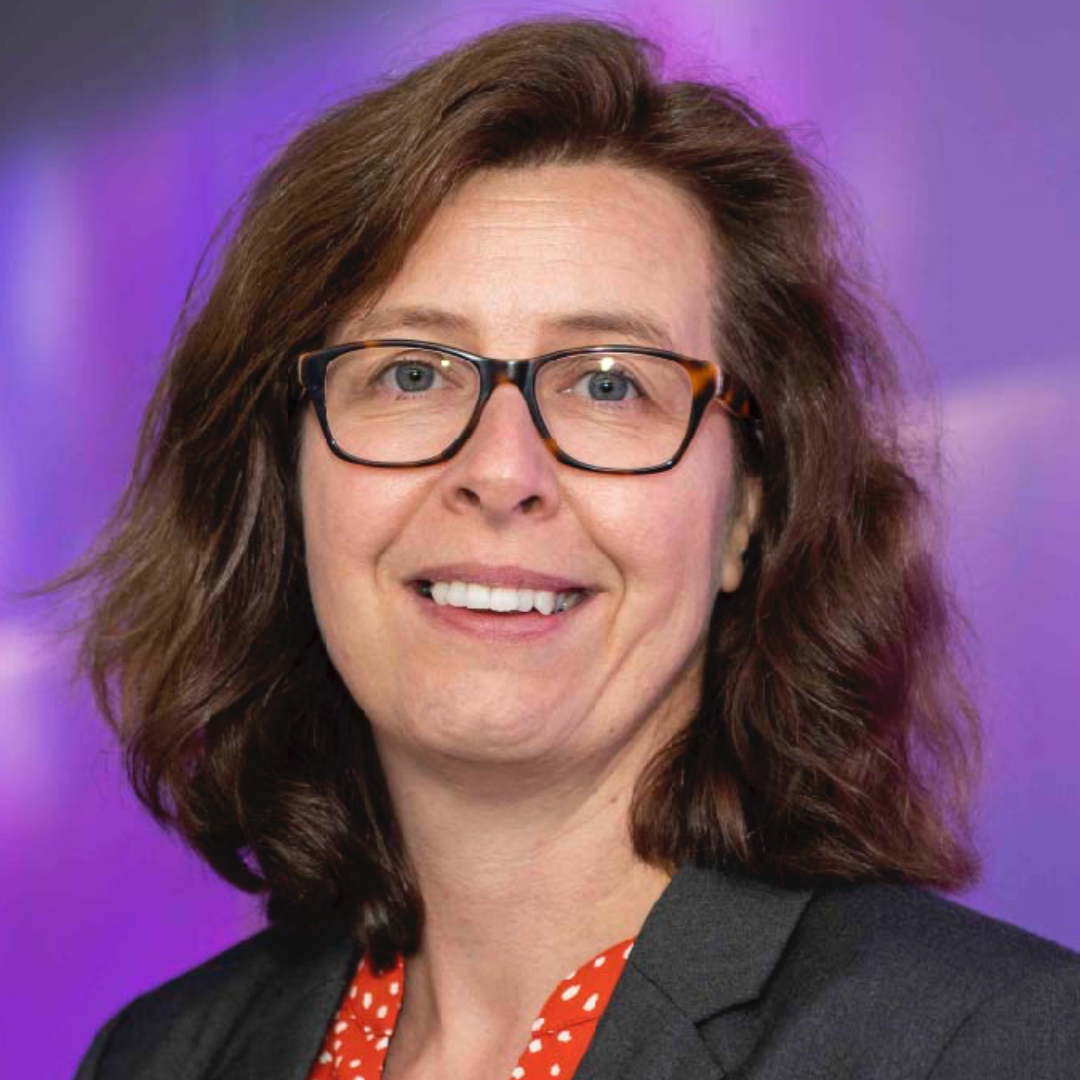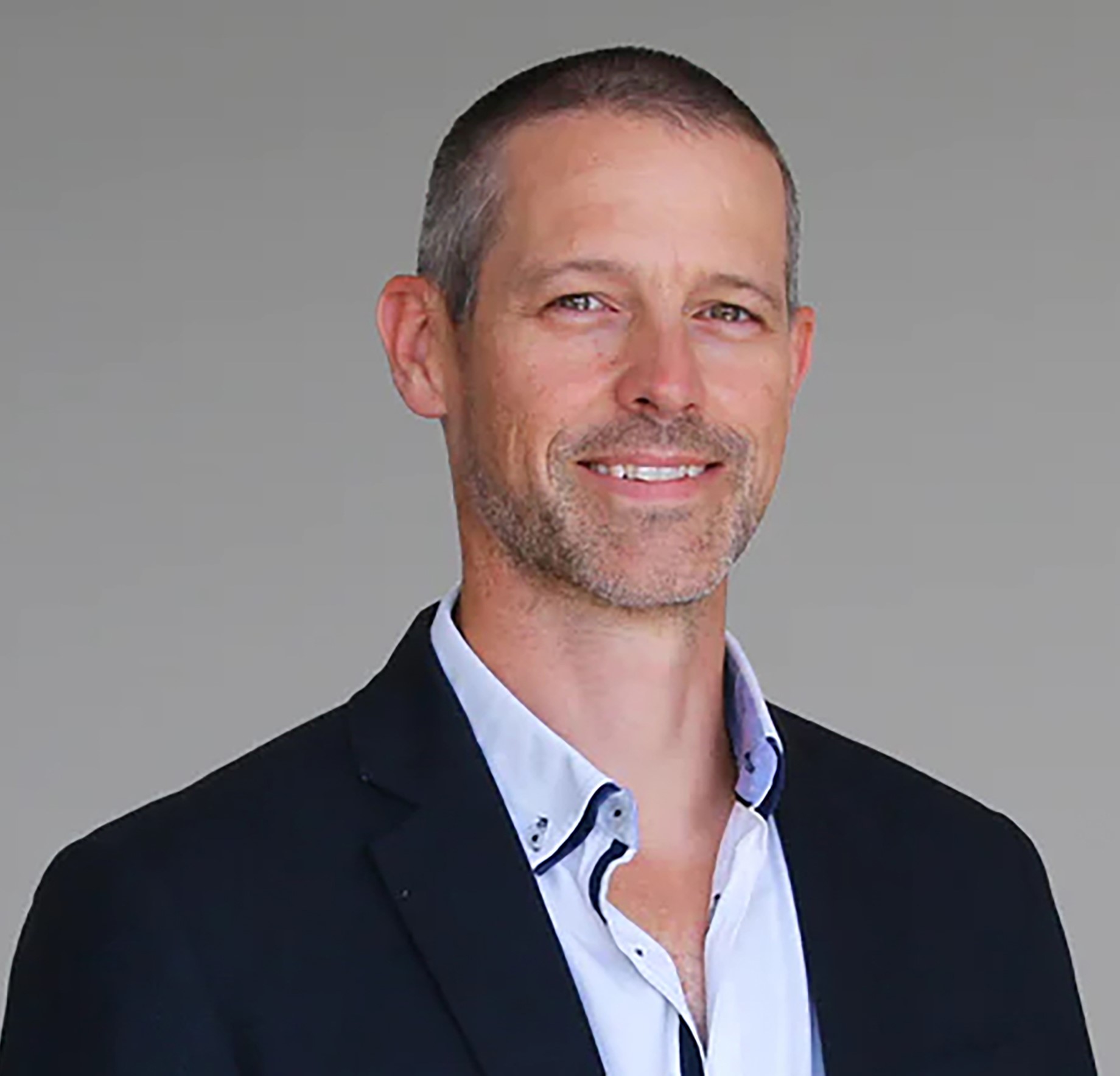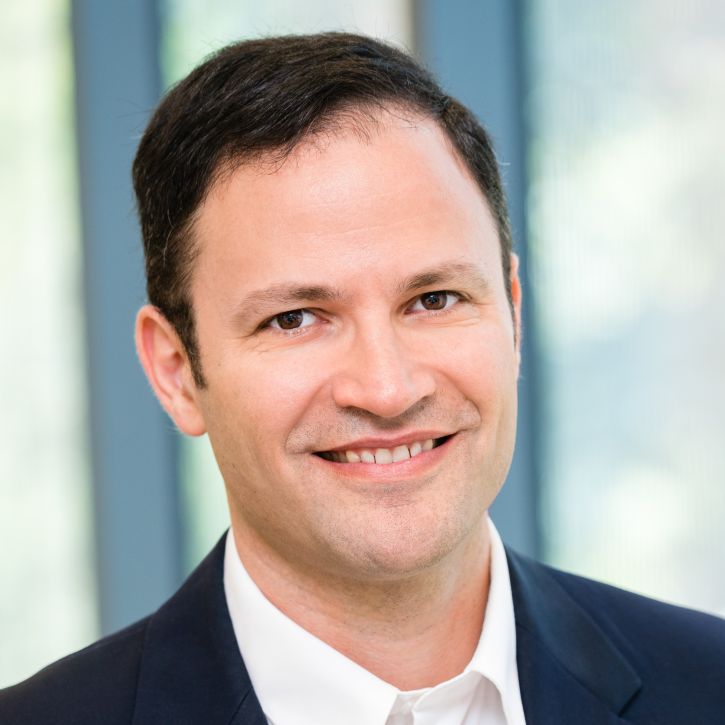Snow Vision Accelerator Advisory Committee
To help support and guide the Snow Vision Accelerator, the Independent Scientific and Technical Advisory Committee (the Committee) provides independent advice to Snow Medical, the Snow Vision Accelerator and the University of Sydney on matters relating to the operation and strategic scientific direction of the Snow Vision Accelerator.
TheCommittee is chaired by Professor Ian Constable AO.

Professor Ian Constable, AO MBBS D Med Sc FRANZCO FAHMS D Sc (Hons) | Advisory Committee Chair
Ian is a medical graduate of the University of Sydney and trained in Ophthalmic surgery in Sydney at Prince Alfred Hospital and then in Boston at the Schepens Eye Institute, Massachusetts Eye and Ear Infirmary, Harvard Medical School.
He lead all the preclinical development at the Harvard Cyclotron for treatment of Ocular tumors, since used for many thousands of patients with melanoma.
He was appointed as Professor and Chairman of Ophthalmology at the University of Western Australia in 1975. He founded the Lions Eye Institute, Perth in 1983, an independent research and clinical establishment now with 300 research, clinical and support staff. Having stepped down as Founding Director in 2009, he is now Patron.
He established a comprehensive retinal service for international patients from South East Asia, trained retinal specialist from numerous countries and was President of the Asia Pacific Academy of Ophthalmology and the Asia Pacific Vitreoretinal Society.
Ian held National Health and Medical research grants continuously from 1976 until 2018. He helped project manage three programs from laboratory through preclinical to local clinical trials to FDA approvals and exits. These were a polymeric cornea, AAV gene therapy for macular degeneration listed on NASDAQ and the Zen glaucoma implant used world-wide.
Having ceased surgery from 2018 Ian continues to manage medical retinal patients, advises a listed biomedical gene therapy company, and philanthropic foundations committing substantial funds to biomedical translational research and its commercialisation.
Numerous awards include National entrepreneur of the year for not for profits, the Lang medal of the Royal Society of Medicine, the Anzac Peace prize for work in Asia, medals from the Australian institute of engineers and the institute of company directors and Western Australian Citizen of the year.

Professor Melanie Bahlo AM FAHMS
Professor Melanie Bahlo AM FAHMS is the Laboratory Head of Statistical Genetics at The Walter and Eliza Hall Institute of Medical Research (WEHI). As a distinguished senior leader at the institute, Professor Bahlo recently concluded her five-year tenure as the "Healthy Development and Ageing" Theme Leader, where she oversaw the scientific strategy for three divisions, including the Population Health and Immunity Division, which she co-founded in 2015.
With over two decades of experience as a bioinformatician and statistical geneticist, Professor Bahlo's research focuses on gene discovery and elucidating gene function. Her expertise lies in developing innovative bioinformatic methods and novel approaches for analyzing complex genetic datasets. These contributions have led to significant genetic discoveries in neuroscience, including the diagnostically crucial identification of new genes and genetic pathways implicated in various neurological and retinal disorders. Her work has advanced understanding of conditions such as epilepsy, ataxia, macular telangiectasia type 2 (MacTel), speech disorders, and motor neuron disease.
Professor Bahlo's pioneering research and leadership continue to drive advancements in the field of statistical genetics and contribute to the broader understanding of genetic factors in human health and disease.

Professor Nigel Turner
Professor Nigel Turner is head of the Cellular Bioenergetics Laboratory at the Victor Chang Cardiac Research Institute and a conjoint professor in the Faculty of Medicine and Health at UNSW. Prof Turner received a PhD in comparative physiology and biochemistry from the University of Wollongong. With the support of consecutive NHMRC fellowships, he subsequently conducted postdoctoral studies in the area of mitochondrial metabolism and insulin action in the Diabetes and Metabolism Division at the Garvan Institute of Medical Research in Sydney. In 2012 he was awarded an ARC Future Fellowship and established the Mitochondrial Bioenergetics Laboratory in the School of Medical Sciences at UNSW Sydney. In 2022 he established his current group at the Victor Chang Cardiac Research Institute.
Prof Turner’s research focuses on investigating factors that regulate mitochondrial function and cellular bioenergetics in healthy and diseased states. In particular, his research group employs advanced techniques and experimental models to provide insight into how aberrations in cellular energy metabolism contribute to the pathogenesis of conditions including cardiometabolic disease and cancer.
Prof Turner is President of the Australian and New Zealand Obesity Society and past chair of the Metabolism and Molecular Medicine interest group of the Australian Society for Biochemistry and Molecular Biology. He has editorial roles with a number of prominent endocrinology and physiology journals, and is a Board member and Vice Chair of the Scientific and Medical Advisory Panel for the Mito Foundation.

Dr Jeffrey Goldberg
Dr. Jeffrey Goldberg is Professor and Chair of Ophthalmology and Director of the Byers Eye Institute and the Spencer Center for Vision Research at Stanford University, and since 2020, a member of the National Academy of Medicine. His clinical effort is focused on patients in need of medical or surgical intervention for glaucoma and other retinal and optic nerve diseases, as well as cataract. His NIH- and foundation-funded research is directed at neuroprotection and regeneration of retinal ganglion cells and the optic nerve, a major unmet need in glaucoma and other optic neuropathies, and his laboratory is developing novel molecular, stem cell, and nanotherapeutics approaches for eye repair.
Dr. Goldberg received his B.S. magna cum laude from Yale University, and his M.D. and Ph.D. from Stanford University, where he made significant discoveries about the failure of optic nerve regeneration. He did his clinical training in ophthalmology and then in glaucoma at the Bascom Palmer Eye Institute with a Heed Foundation fellowship. He was named the 2010 Scientist of the Year by the Hope For Vision foundation, and received the Cogan award from the Association for Research in Vision and Ophthalmology in 2012. He was elected in 2010 to the American Society of Clinical Investigation, an honorary society of physician scientists, in 2021 to the American Ophthalmological Society, and in 2024 to the Glaucoma Research Society.
Dr. Goldberg has experience bringing together broad, collaborative research programs in the lab and in the clinic; examples include large consortia funded under the National Eye Institute’s Audacious Goals Initiative, and starting in 2024, under the ARPA-H total human eye allotransplantation (THEA) program. In addition, he has developed significant expertise with designing and implementing FDA clinical trials for optic nerve neuroprotection and regeneration. His goal is to translate scientific discoveries to patient therapies.